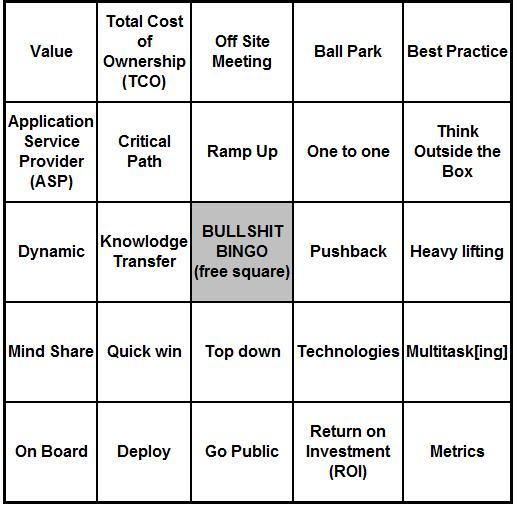I just went for a rather lovely long bike ride in the rain and was in a contemplative mood because I seem to be just a couple days from finishing my next book (I will tell you much more about it in a couple weeks when the powers that be agree with me that it is done). When I got back, I had received an email from Randall who gave me feedback that, in my foreword to 40th Anniversary edition of the The Peter Principle:
"I am disappointed that your forward did not mention
what I believe to be the core insight in the book. Without this
particular insight, the rest of the book would have been nonsense:
Competence is defined by your boss, who may or may not be competent
themselves. In particular, I have found the observation that competent
bosses value output and incompetent bosses value input to be immutable."
As I thought about Randall's feedback, my reaction was that, although I do not see this as a fatal flaw (you never can put everything that people think is important in anything, or you end-up with something like Microsoft Word), that the forward would have been stronger if I had mentioned his point.
Then,I went to look to see if there were any comments on my last post on "Leaders get the behavior that they display and tolerate," and there was more thoughtful feedback about how I might written something better, this time a suggestion that I remove the opening and reword the post. And, again, I found the feedback useful and agree with Recruiting Animal that his apporach would have probably been better.
This led me to start worrying about my book. I fretted, what if after about 18 months of working on it nearly every day and rewriting it over and over, having the hell edited of it, and getting feedback from people I trust, I still left something major out of it — or have sentences and paragraphs that still suck? Then, calm washed over me when I remembered what my (now 91 year-old) dissertation adviser Bob Kahn told me some 30 years ago. Bob warned that my entire career, I would always have to deal with the tension between getting things right and getting things done. That if I was too quick and sloppy, people would find my work useless and tiresome. But if I was too much of a perfectionist, I wouldn't get very much done.
Walking this tightrope is never easy. I guess I apply standards that vary depending on whether it is a blog post (this one will take about 20 minutes, I will proof it once, and no doubt, it will be as imperfect as the last one), a foreword or article (I worked on the first draft for the Peter Principle for perhaps two weeks, and then perhaps another day or two in response to editing), or a book (as I said, my current one will take a good 18 months and I have written books that took as long as 4 years and I have started at least three books that I never finished).
I know that I will always struggle to get this balance right yet but never will. I also know that no matter how hard I try to make things perfect, there will always be flaws, there will always be things I wish I could go back and change, and there will always be people I can't please no matter how hard I try. That is every author's lot in life, as well as anyone else who does creative work — from programming, to product design, to management consulting, to playing and writing music, to architecture, to hair styling, to leadership, to scientific experiments.
I know that a lot of readers of this blog do creative work. I wonder, how do you strike this balance? How do you decide when it is time to toss your ideas out out into the world?
P.S. I also want to take this chance to thank Randall and the Recruiting Animal for the comments, they were both very thoughtful. Please, anyone and everyone, don't hesitate to let me know when you have ideas about things I could have done better — and to Nicolay to catching my "forward" error.
